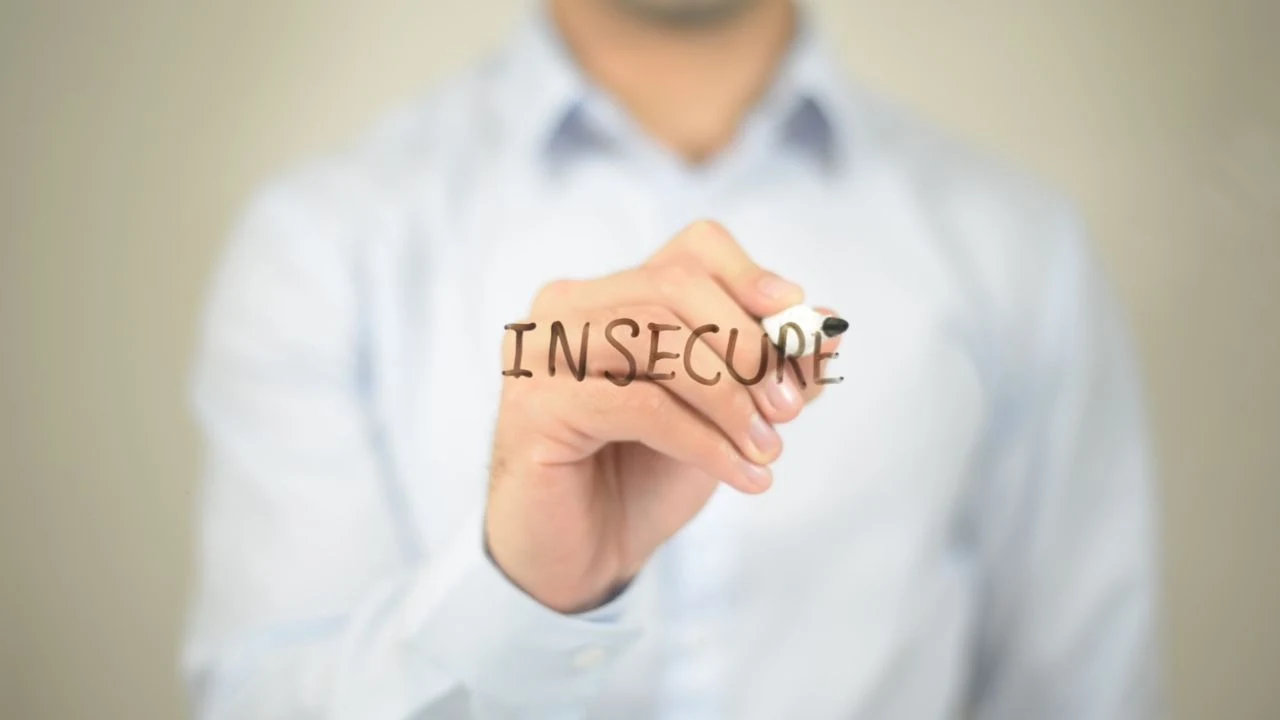
|
Recent and profound changes in the political landscape of several regions worldwide have left many feeling stressed, anxious and insecure with regard to the future of the world as a whole. No matter an individual's personal political views, these unpredictable changes can easily lead to a state of bewilderment and a feeling that the world is spinning out of control. In times such as these, one can easily fall into a pattern of thinking revolving around cynicism, negativity and a feeling of being powerless in the face of overwhelming political forces. Moreover, with 24/7 news and media coverage available instantly on smartphones and other technology, one does not need to search long before being bombarded with headlines predicting dismal outcomes and apocalyptic scenarios.
How can an individual cope with the fear and insecurity that often arise in these uncertain times and regain a sense of personal control? One answer may lie within the concept of practising acceptance. To be clear, this does not mean blindly accepting the current state of affairs and giving up any motivation to make a positive impact in the world. Rather, it is an acceptance of the fact that uncertainty and insecurity are inherent in the human condition and that the more one strives to gain a sense of control, the more it seems to slip away. To quote Alan Watts from his book The Wisdom of Insecurity: A Message for an Age of Anxiety, '…the desire for security and the feeling of insecurity are the same thing. To hold your breath is to lose your breath. A society based on the quest for security is nothing but a breath-retention contest in which everyone is as taut as a drum and as purple as a beet'. This suggests that one may actually find a sense of serenity not by striving for control, but rather by letting go and accepting the reality of insecurity and limited control.
This not only promotes the idea of acceptance, but it also encourages action. As stated above, acceptance need not imply a state of giving up and hopelessness. Instead, by identifying areas of personal control and related action steps, individuals may regain a sense of purpose and power. Below are several suggestions of actions and behaviours that each person has the ability to perform:
- Get Involved! Find opportunities to volunteer. Helping others is a wonderful way to change the world for the better. Even a simple smile to a passerby on the street can make a difference.
- Practise self-care. Take time to enjoy family and friends, get enough sleep, eat a healthy diet, exercise regularly, and pursue interests and hobbies beyond the political world.
- Avoid stress-management coping strategies that involve use of alcohol and other substances, as these are not long-term solutions and often lead to more problems.
- Limit daily news intake. Set aside a half hour per day to get 'up to speed' on political developments instead of checking the headlines constantly throughout the day. This is especially important if one finds the news to be emotionally upsetting.
- Practise mindfulness. Take time to notice and observe the present moment. It is easy to get caught up in worrying about the future, and bringing one's attention back to the present moment is a great way to reduce anxiety. This can be done simply by focusing attention on breathing as well as the five senses. Notice the sights, sounds, smells, touch sensations and tastes of the environment around you. Remember that the present moment is the only reality, and the past and future are only concepts within the mind.
In times of political and cultural unrest, feelings of insecurity and anxiety are bound to arise. Remember that these feelings are completely normal and expected. It is not necessary to avoid these feelings or 'try' to make them go away. Part of practising acceptance is acknowledging that these feelings are present and simply allowing oneself to experience them. Like feelings of happiness, boredom or sorrow, they will come and go throughout the course of life. Every feeling has its place within the human experience. By practising acceptance and mindfulness, and by using the other suggestions above, it becomes possible to regain a sense of stability and personal power, even when the world seems chaotic and out of control.
Reference:
Byham, J. & Schuette, B. (Ed.). (Revised 2019, August). Managing insecurity during times of political change [Global Edit]. London: Workplace Options.
